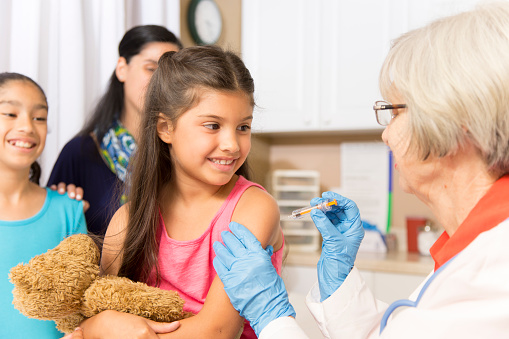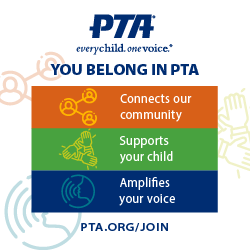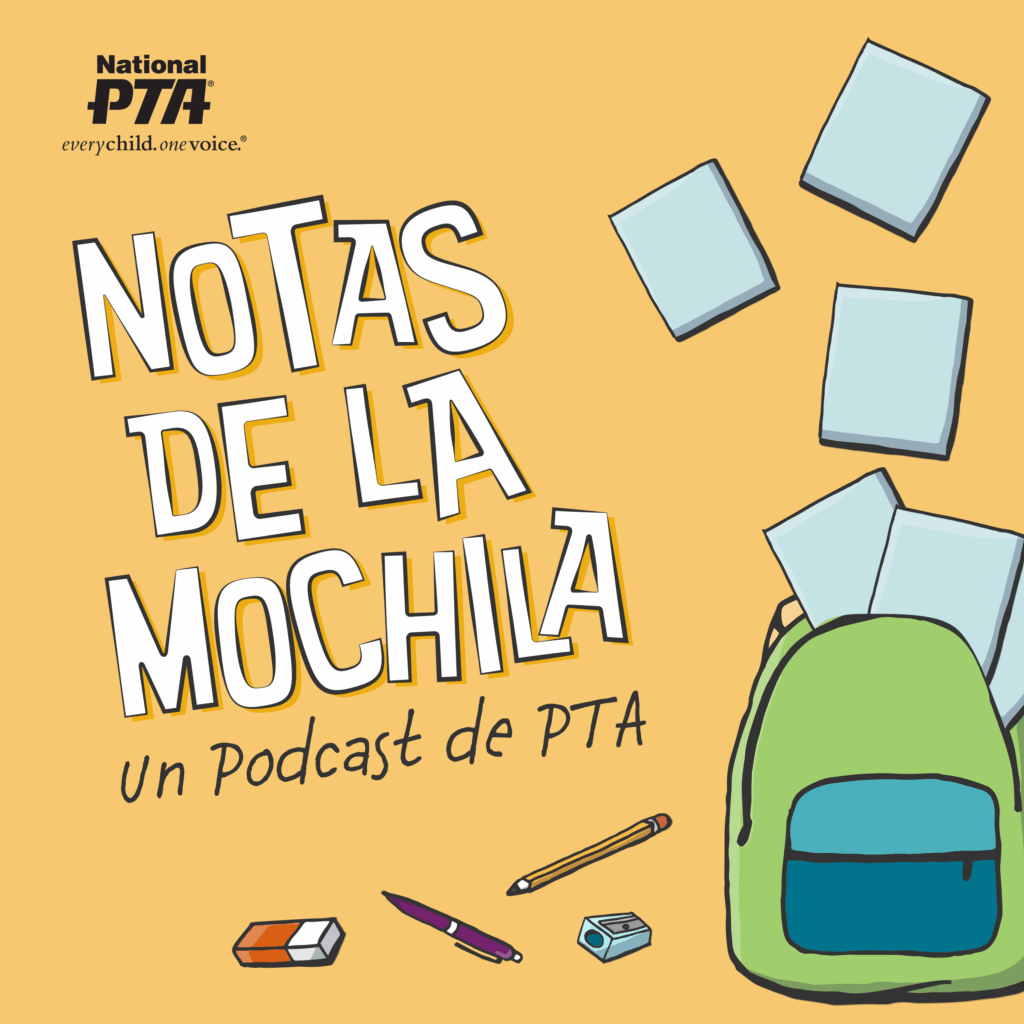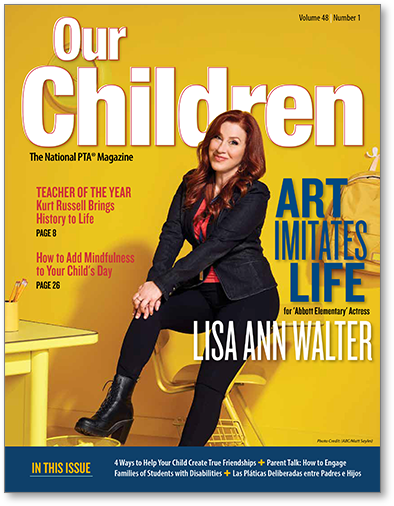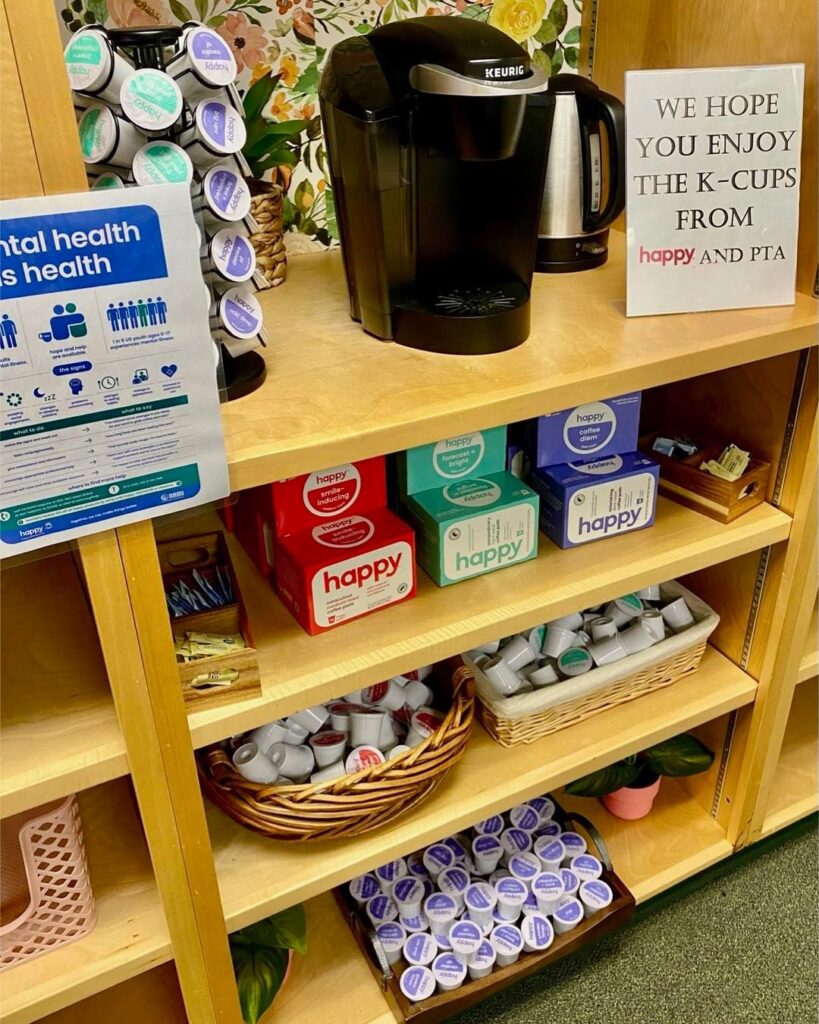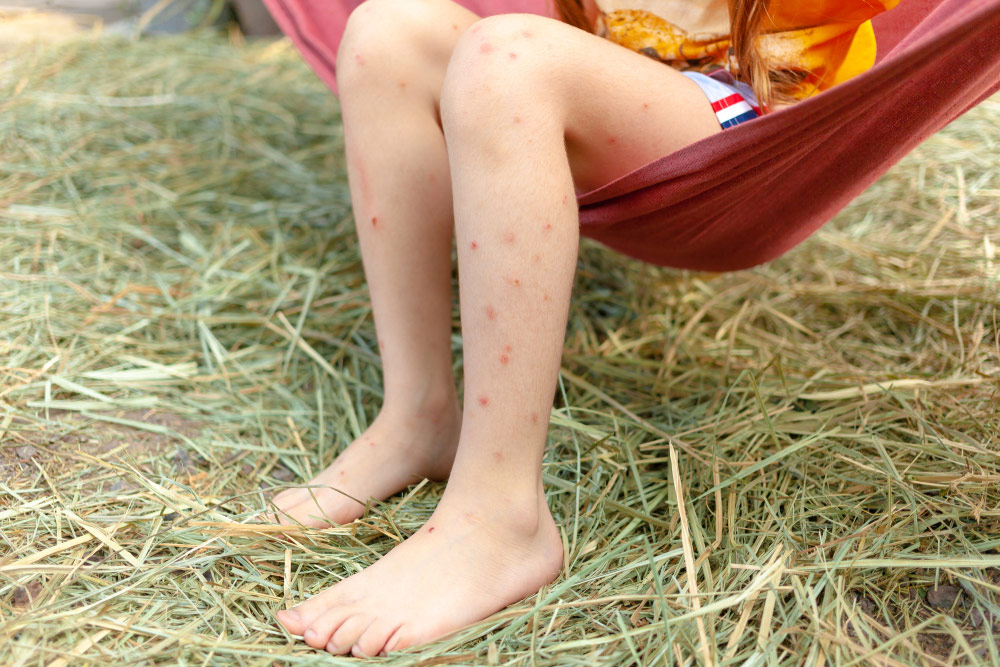The flu has increased significantly in homes and schools across the country recently and with children and teens being more vulnerable than most, you want to do everything you can to prevent them—and you—from getting sick.
However, with germs everywhere and kids in school, sometimes a cold is inevitable.
Pediatrician and author Dr. Tanya Altmann has an office full of little ones coming down with stuffed noses and coughs and offered tips she uses at home and with her patients to keep families as healthy as possible during cold and flu season.
What can you do when your child has a cold or the flu?
Lots of fluids, rest, vitamin D, probiotics and call your pediatrician with any questions or concerns. Most colds will improve on their own within a few days to a week.
You can help your child by making sure they drink plenty of fluids, use nasal saline to loosen nose congestion and either gentle suction or have them blow.
If your child’s cold isn’t improving after a few days, they have a high fever, trouble breathing or seem lethargic, see your pediatrician right away.
The flu is also caused by a virus, but it’s much more serious than the common cold. If you think your child has the flu, you should touch base with your pediatrician.
hey may want to examine your child, test for the flu and potentially prescribe an antiviral medication such as Tamiflu. An appropriate dose of acetaminophen or ibuprofen will usually reduce fever and aches and pains.
How do you when to keep your child home from school and when they should return?
Any child with a fever (temperature of 100.4 or higher) should not be at school. That’s for the safety of the sick child and to decrease sharing germs with other children. If your child really isn’t feeling well, has a bad cough, vomiting, diarrhea or any other symptoms that you wouldn’t want your child exposed to, your child should stay home.
Always call your pediatrician if your child looks really sick, isn’t able to keep down fluids or has trouble breathing. With most illnesses, typically a child can return to daycare and school 24 to 48 hours after fever and symptoms are improved. You know your child best and will be able to tell when they’re getting back to their normal, energetic selves.
How can you prevent the whole household from getting sick, when one family member gets sick?
As any parent knows, it’s very easy to catch an illness from your child! A cold from daycare can quickly spread through the entire house. When one family member gets sick, be extra careful to prevent others in your home from following suit. Here are my tips on how to keep your family’s immunity up and as healthy as possible.
Wash your hands. So simple, but so important! Get kids in the habit of washing their hands before every meal time as they’ll most likely be touching their food and mouth (even with the best utensils). Even if you’re only giving them a small snack—it’ll help prevent germs from entering their mouths and little bodies.
Healthy eating! Think of food as medicine. Filling your body and your kids’ bodies with lots of nutritious foods will help strengthen your immune system and keep your body feeling its best.
My foundation foods that should be a staple in every home include eggs, prunes, avocados, fish, yogurt, cheese, nut butters, chicken, beans, lentils, berries, citrus fruits, green vegetables, whole grains and water.
Kids can have a whole grain quesadilla with chicken and spinach and parents can have salmon and steamed vegetables (which kids may like too!). When you start with real, wholesome foods, you have plenty of options to get creative with and make the ingredients applicable to every family member.
Probiotics. Probiotics play an important role in helping to support digestive health, which helps support overall health. While you should be eating enough probiotics year round, they’re extra important during cold and flu season.
Research has found that children who have enough daily probiotics have fewer fevers, illnesses and missed school or daycare days. One of the best natural probiotic sources for babies, kids and parents is yogurt.
It’s one of my foundation foods and is full of important nutrients including probiotics!
Sleep more! Sleep is crucial for little growing bodies. Kids and teens need to get enough sleep in order to stay healthy. Pick an early enough bedtime and stick to a routine.
If you’re concerned about your child’s sleeping habits or aren’t sure if your child is getting enough sleep for their age, talk to your pediatrician.
Kisha DeSandies Lester is the Senior Editorial and Digital Manager at National PTA.

